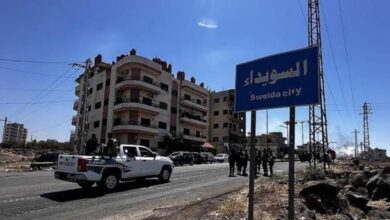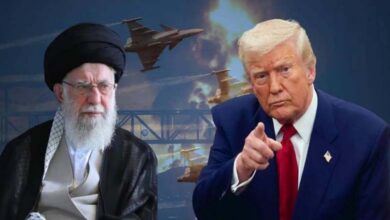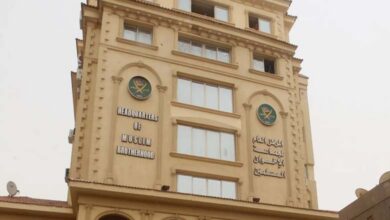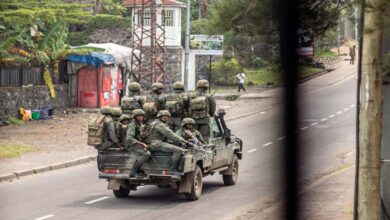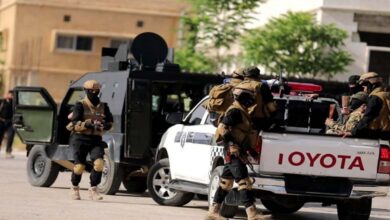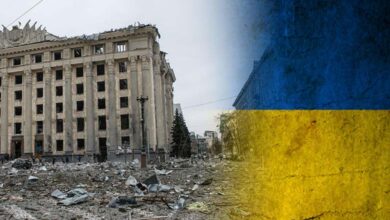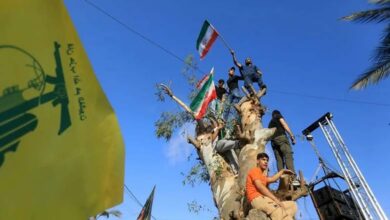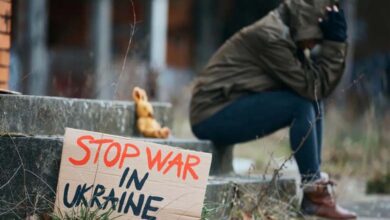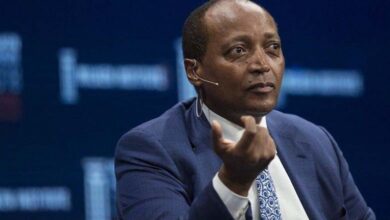Turkish newspaper: Who will resolve the bitter political battle of 2022, Erdogan or the opposition?
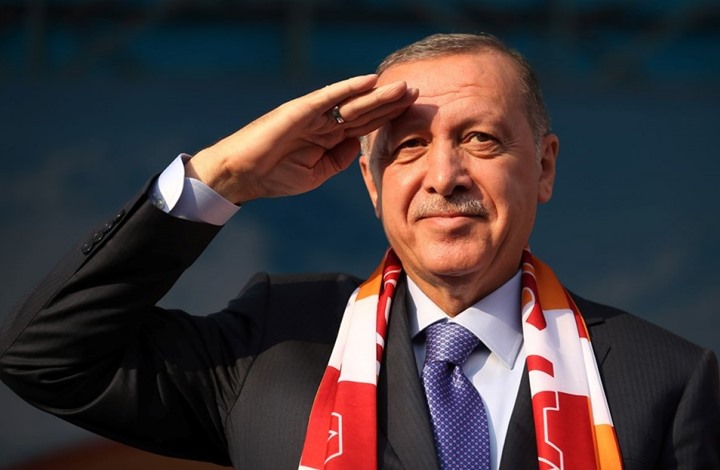
With Turkey’s multiple crises due to difficult economic crises, due to the collapse of the situation and the failed decisions of President Recep Tayyip Erdogan, whose popularity has plummeted recently, near the expected elections, and the growing opposition to him, making it a bitter battle.
“Who will resolve the political battle of 2022.. Erdogan or the Opposition? Under that headline, the Turkish newspaper Ahval ran a lengthy report on the huge conflict between the two, which is devouring the country’s internal affairs. He noted that 2021 in Turkey began looking for the “reform” that Erdogan put on his agenda in November 2020, in parallel with the change in economic management, but that 2022 began with the announcement of the “new economic model” in November 2021, which symbolizes that Erdogan ended his one-year search.
2021 was the year in which Erdogan was the most politically weaker during his 19-year rule, without having to describe Erdogan’s administrative power over which he controls the state, and grew after the failed July 15 coup attempt, gaining enormous administrative power through the People’s Alliance, the presidential system, and the Safe Survival Rhetoric. At first, this combination was thought to have provided Erdogan, who already had political power, with administrative power, but Erdogan was not expected to have to relinquish political power in exchange for transferred administrative power.
Over time, Erdogan’s political power is destined to decline. The loss of democratic perspective and rational management has isolated many social strata, as the consolidation of the nationalist-conservative right has collapsed, and the Kurds have begun to support the opposition largely. At first, he focused on the enormous administrative powers at his disposal, rather than worrying about the potential political implications of the new equation.
Erdogan, who throughout his political career focused on the day rather than planning for the future, and gave more meaning to tactics than strategy, will act in line with this equation as long as it operates as in previous coalition experiences, and will abandon this equation he created a new one when he thought it lost its function.
In November 2020, Erdogan realized that he was politically weak despite his administrative authority. He sought a way out through the reform rhetoric, which continued throughout 2021 and ended in November 2021 without producing results for Erdogan. Erdogan’s political deadlock depended on rethinking the political equation after July 15, to extend the political-ideological axis on which the equation was based. However, the resistance he saw from the moment he used the word “reform” showed that the alliance and the ideological axis that the alliance calls for could not be dissuaded, either being a dependency or this axis would be abandoned, as he could not find any fundamental results for this political engineering.
It can be said: The year 2021, which began with the search for reform in November 2020, was a bad year for Erdogan. Erdogan ended 2021 in an unfavorable situation in terms of political will, relations, and social support. In its entirety, the result was in favor of the opposition – a change in the balance of power between the government and the opposition in favor of the opposition.
The political vacuum created by Erdogan, the worsening of the economic crisis, and the movement of voters in favor of the opposition have strengthened the political performance of the opposition. By focusing on protecting the coalition’s components and expanding them with new political parties throughout 2020, the opposition strengthened its coalition structure with the confidence it gained in 2021.
Thus, until September, while the opposition won an elite group that broke away from the power bloc by strengthening its position as an alternative to power through subject-based criticism, close ties with society, and leaders’ interactions, it failed to address some of the voters who broke with the power bloc and stayed away from power for its inability to develop an alternative policy.
Erdogan ended his 2021 years of hesitant politics and research by announcing the “new economic model”. The reason why the new economic model appears to coincide with the end of 2021 and the beginning of 2022 is not the economic content of the model, but the new political decision was referred to by the model. It seems that Erdogan made a decision on a political axis that is likely to continue until the elections, by ending his political and economic coveting for a year. This policy means that after the failure of Erdogan’s efforts to extend the political equation that emerged after July 15, he restocks to the current political equation, even consolidates and expands it by adding the economy.
This new status will prevent 2022 from being a continuation of 2021 and will redefine the position of the government and the opposition. The end of the period in which the government largely left the political arena to the opposition by 2022 will have a direct impact on political developments in the coming period. Erdogan will therefore not be moving toward a policy that will enable him to win the next elections, while the opposition is entering 2022 and the next elections are in a better position than the government.


